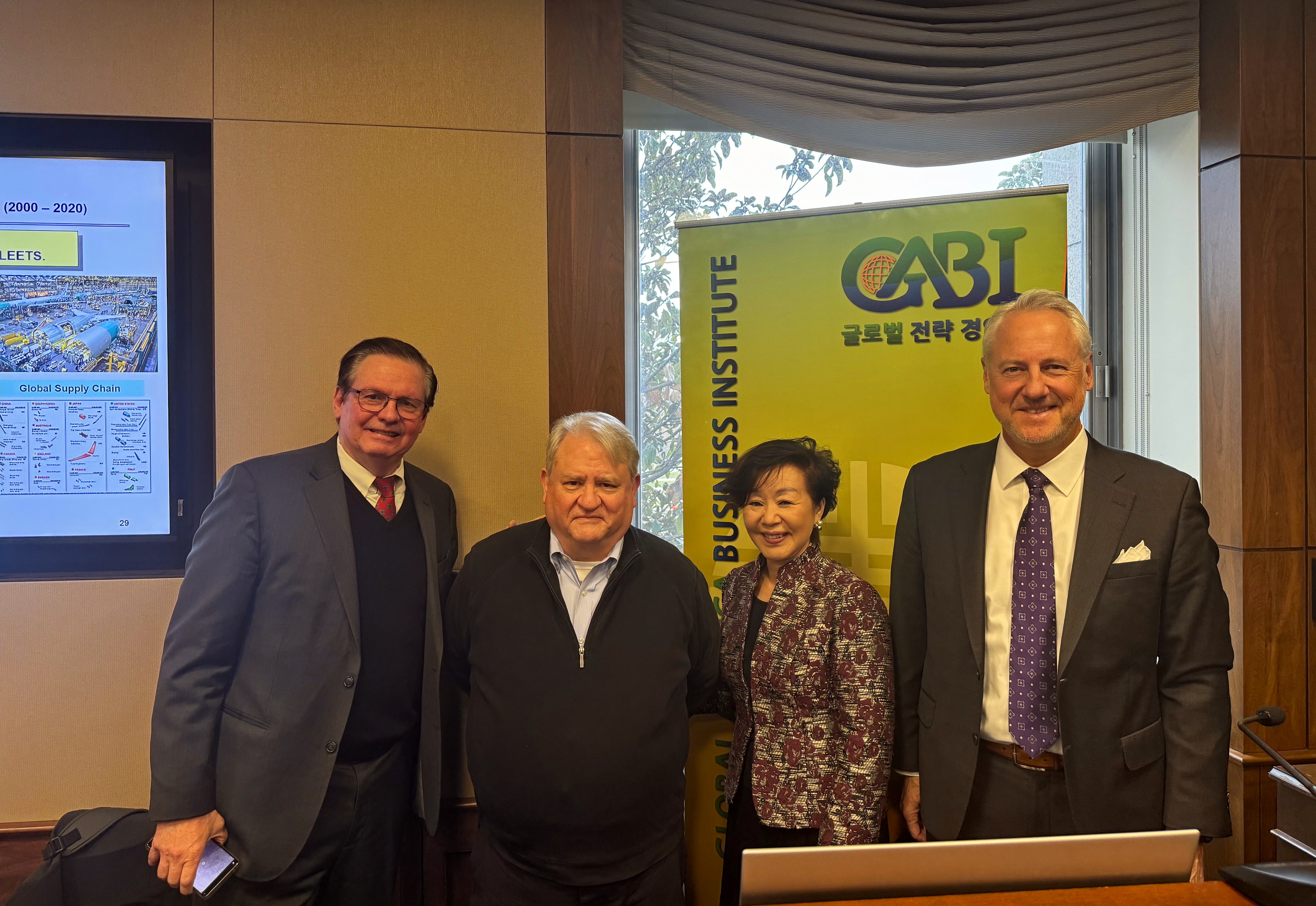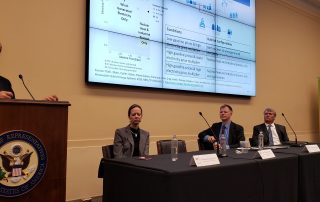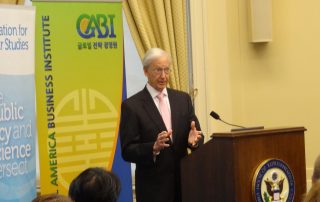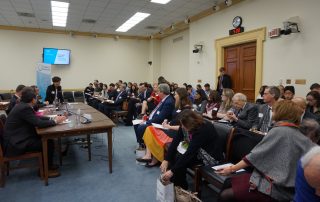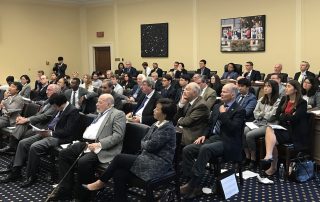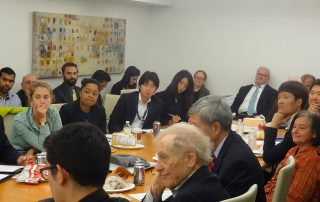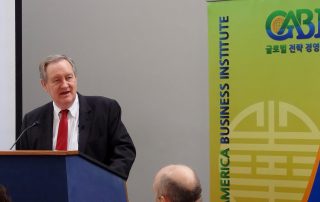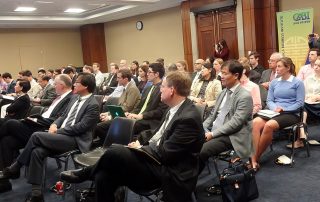Interest regarding nuclear energy issues in the congressional community is rising, but perspectives on nuclear technology in Capitol Hill have traditionally been unfavorable. However, as climate change becomes a more salient issue, nuclear power is gaining more support. To help facilitate a deeper understanding of nuclear energy, GABI hosts a series of public events on Capitol Hill with government officials, Congressional staff, experts, and other interested individuals.
Strategic Pathways to Nuclear Leadership Through International Collaboration
With the market demand signal for new nuclear builds resulting from COP28 nuclear pledges, the global nuclear market is preparing for a significant capacity demand for new nuclear export projects. Currently, Russia dominates the global nuclear export business, and China is expected to follow closely given their rapid domestic capacity expansion and supply chain efforts.



